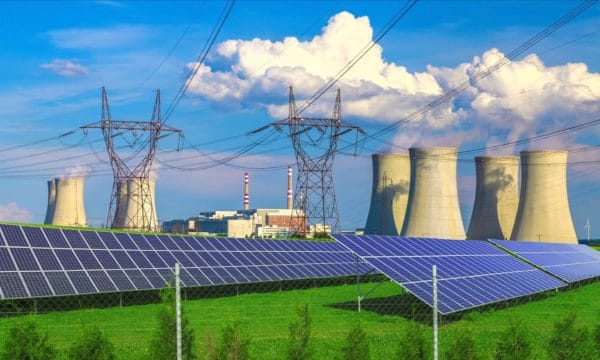The Congolese government, represented by President Denis Sassou-Nguesso has officially launched the construction work on a thermal-solar power plant in Impfondo, in the Likouala department, the Republic of Congo.
The project, with a planned capacity of 3.4 MW, will be built by Produits de construction de Brazzaville (PROCOB) the subsidiary of the Belgian company ABC Contracting.
The scope of the project
PROCOB will implement this project in four lots. The first lot concerns the construction of the thermal power station while the second lot will involve the construction of evacuation lines and extension of the 20kV medium voltage distribution network by at least 7.5 km. The third and the fourth lots will include the construction of the solar power plant, and the rehabilitation of the existing low voltage network in the town of Impfondo and its extension respectively.
Also Read: Essor A2E solar project in Democratic Republic of Congo at finance stage
The diesel thermal power plant construction, the construction of the evacuation lines and the 7.5 km extension of the 20 KV distribution network are expected to be carried out within a span of five months at a cost of close to US$ 5.3M and over US$ 2.7M respectively.
The solar power plant will be constructed on a fenced area of 11 hectares in a span of 10 months. In the first phase construction, the solar power plant will feature 11,520 crystalline type 450 W panels with a combined capacity of 6480 KVA.
Financed by the Congolese public treasury the entire project is expected to be delivered before the end of December 2021.
Expectations for the project
Upon completion, the project will secure access to electricity in the town of Impfondo and the Likouala department at large where households and businesses are supplied with electricity by generators that belong to the National Electricity Company (SNE).
For several years now SNE has however been struggling to supply its generators with fuel and as a result, its subscribers have had to suffer load shedding.

